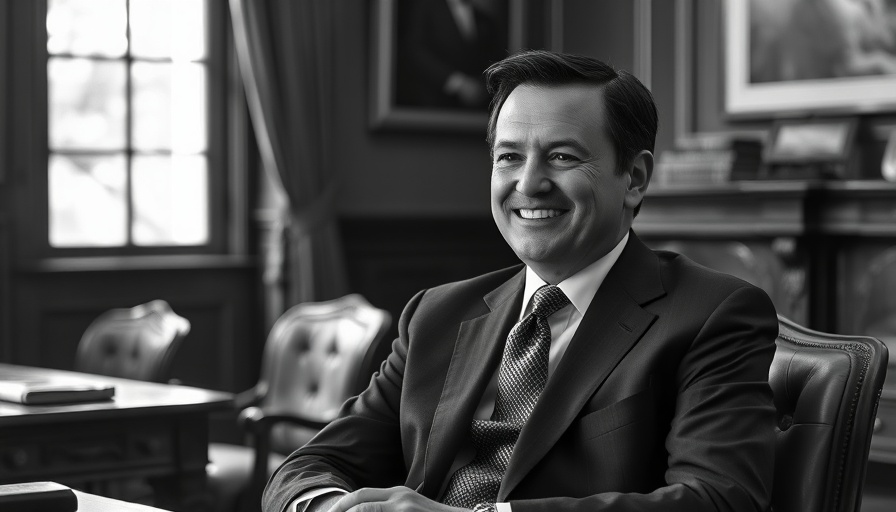
A Vision Beyond Dreams: Continuing Dr. King's Legacy
Dr. Martin Luther King Jr.’s revolutionary vision for global justice stretches beyond the civil rights advancements of the 1960s. As we reflect on his legacy, we realize his commitment encompassed broader struggles for dignity and equality across various marginalized groups, including those fighting for gender equality, LGBTQ+ rights, and economic justice. This evolution of the Civil Rights Movement signifies that while King’s dream remains powerful, the struggle for equity is dynamic and ever-changing.
The Importance of Nonviolence Today
King’s philosophy of nonviolence was not merely a reaction to the injustices of his time; it was a proactive approach to righteousness and justice that challenged individuals to fight back against oppression creatively. In today’s context, where social injustices continue to manifest, his message—that any injustice is a threat to justice everywhere—remains as pivotal as ever. Modern civil rights activism now leverages social media as a tool for awareness and mobilization, aiming to address pressing global issues such as child poverty, human trafficking, and more.
Education for a New Generation
As Nelson Mandela succinctly put it, education is a powerful weapon for change. King advocated for empowering individuals through education, but in today’s rapidly shifting landscape, we must ask: what does quality education look like now? The focus should be less about traditional degrees and more about imparting skills that prepare young people to identify injustice and advocate for inclusivity. Education must evolve to prep the next generation for the wide spectrum of fight against inequities they will inevitably face.
The Evolving Nature of Inclusiveness
Inclusiveness itself is not a static concept—it is a fluid practice subject to the demands of society. King’s vision would challenge us to look at today’s inclusiveness—not only in terms of race but also gender identity, sexual orientation, and socio-economic status. The expansive definition of equality today may be beyond his original scope, yet it is essential for a truly equitable society. As we uphold his ideals, we should enrich the movement with insights from those among us whose struggles reflect many societal dimensions.
Action as the Key to Justice
While reflecting on the past provides invaluable wisdom, action is crucial in continuing King’s vision. From individual activism to community engagement, our roles are crucial in ushering in a more inclusive future. Taking inspiration from King means remaining engaged in current social issues, ensuring that our fight resonates with those who may feel marginalized today. Whether advocating for legislative changes or participating in local community initiatives, each step we take builds upon his legacy.
As we continue to engage with these pressing issues, let’s remember that Dr. King’s dream, while extraordinarily relevant, requires action. It isn't enough to simply admire his ideals—now is the time to embody them. Actively participating in movements for justice, whether through supporting policies or engaging in conversations, can significantly impact our commitment to create a more compassionate and equitable world.
 Add Row
Add Row  Add
Add 




Write A Comment